Harvard University, long hailed as a pillar of intellectual rigor and free speech, now finds itself at the center of a historic lawsuit that could redefine how antisemitism is addressed on American campuses.
Shabbos Kestenbaum, a Harvard Divinity School graduate and Orthodox Jew, is the lead plaintiff in a first-of-its-kind civil rights lawsuit against the university, alleging systemic antisemitism and failure to protect Jewish and Israeli students. The case, currently proceeding to trial, marks a watershed moment in the broader cultural and legal conversation around equal rights, academic freedom, and campus bias.
“Jewish students aren’t asking for special treatment under the law—we’re asking for equal treatment under the law,” says Kestenbaum.
A Legal Battle Rooted in Experience
The lawsuit stems from what Kestenbaum describes as blatant civil rights violations by the university, ranging from fostering a hostile academic environment to shielding antisemitic professors. Despite two motions to dismiss the case, Federal District Judge Richard Stearns sided with Kestenbaum, issuing a 25-page opinion stating Harvard “failed its Jewish students.”
Kestenbaum is currently in the discovery phase of litigation, with the goal of holding senior Harvard administrators—including former president Claudine Gay and interim president Alan Garber—accountable under oath.
Harvard’s reluctance to cooperate, Kestenbaum says, is telling. “They’ve dragged their heels. We, on the other hand, have been fully transparent. But it’s not reciprocal.”
The Reality of Indoctrination
Kestenbaum is quick to clarify that this is not a fight about free speech—it’s about unequal treatment and the ideological conformity dominating elite campuses. “Harvard ranks dead last in free speech protections,” he points out, citing a report from the Foundation for Individual Rights and Expression.
More disturbing, however, is the culture of academic indoctrination. According to Kestenbaum and the university’s own antisemitism task force, professors openly discuss “de-Zionizing Jews,” encourage student trips to Palestinian territories to showcase Israel as an apartheid state, and treat anti-Israel sentiment as academic fact, not opinion.
“It’s not that they teach Israel is a genocidal state—it’s that they teach it as the only accepted worldview.”
A Voice Shaped by History
Kestenbaum’s moral clarity is deeply rooted in personal and historical experience. A descendant of Holocaust survivors, he recalls his great-aunt’s harrowing memories of Kristallnacht and the lessons she passed down: antisemitism begins not with violence, but with normalization.
“The Holocaust didn’t start with gas chambers. It started with the normalization of antisemitism—and it started at universities.”
He draws an unsettling parallel between 1930s Germany and the elite institutions of today. “The most educated, the most progressive, the most sensitive—they were the first to cheer intifada, to glorify martyrdom. That should alarm everyone.”
Navigating Culture and Public Discourse
In response to rising antisemitic rhetoric, including from celebrities like Kanye West, Kestenbaum remains focused on strategy, not outrage. “You’ll never convince the most extreme 10 to 20%. Focus on the 80 to 90%—the fair-minded Americans who value justice but may not yet understand what’s happening.”
He also pushes back against the misuse of the First Amendment as a shield for inaction. “Universities invoke free speech only when Jews say they feel unsafe. It’s a convenient excuse—and a dishonest one.”
A Moment of Reckoning
As war rages in Israel and antisemitism surges across the globe, Kestenbaum’s voice resonates far beyond the courtroom. His background in Holocaust education and religious studies gives him a unique lens through which to view both the ideological battles and the stakes.
“This is a fight for the soul of the university. But more than that—it’s a fight for the moral compass of our society.”
Whether Harvard ultimately reforms or not, the case itself is already reshaping how the public sees Jewish safety, academic freedom, and the integrity of America’s top institutions.
Shabbos Kestenbaum may have started as a lone voice, but he now stands as a symbol of a broader awakening—one that calls not just for Jewish protection, but for the preservation of truth, fairness, and freedom in the places that claim to value them most.

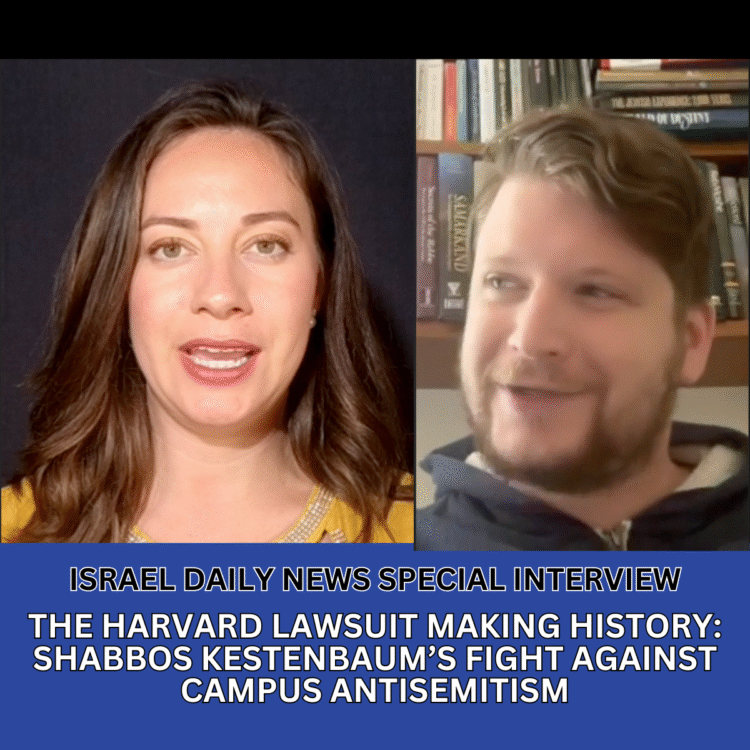
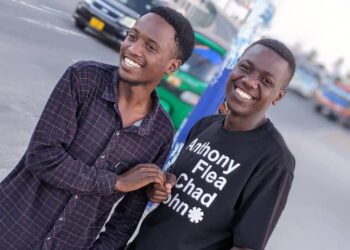


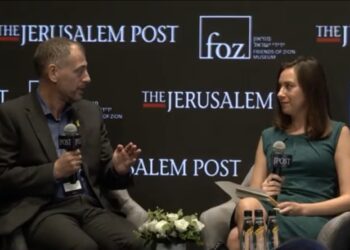
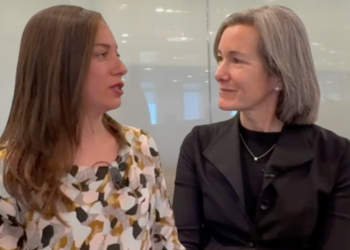
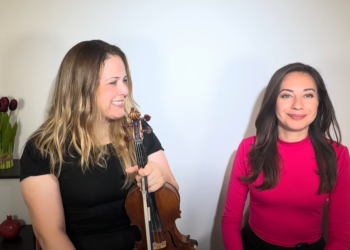















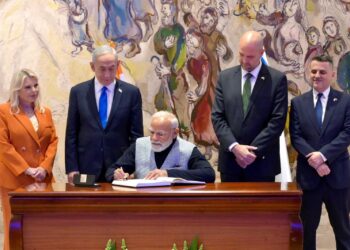

Discussion about this post